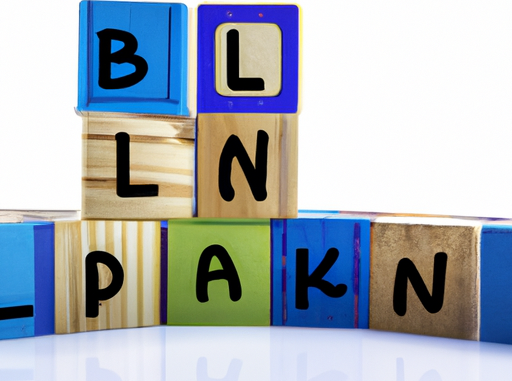
Blended learning, or hybrid learning, is an educational approach that combines traditional face-to-face classroom instruction with online learning activities and resources. This method has gained significant traction in recent years due to its ability to leverage the strengths of both digital and in-person teaching modalities. One of the primary advantages of blended learning is its flexibility, allowing students to access materials and complete assignments at their own pace, often from any location. This flexibility can be especially beneficial for accommodating diverse learning styles and schedules, as well as for providing opportunities for more personalized learning experiences.
At the core of blended learning is the integration of technology to enhance and extend learning opportunities beyond the physical classroom. This integration often involves using learning management systems (LMS) to deliver content, facilitate discussions, and assess student progress. Tools such as video lectures, interactive simulations, and online quizzes can complement traditional lectures and classroom activities, providing a more engaging and interactive learning environment. Furthermore, blended learning can facilitate greater collaboration among students through online discussion forums and group projects, fostering a sense of community and collective problem-solving.
Despite its benefits, blended learning also presents challenges that need to be addressed to ensure its effectiveness. One key issue is ensuring that both instructors and students are adequately prepared and equipped to engage with digital tools and platforms. This requires ongoing professional development for educators to develop the necessary skills for designing and delivering hybrid courses effectively. Additionally, there must be a focus on equity to ensure that all students, regardless of their socio-economic background, have access to the necessary technology and internet connectivity. By addressing these challenges, blended learning can continue to evolve as a powerful educational model that enhances learning outcomes and prepares students for the demands of the 21st-century landscape.
PhDr. Pavel Bartoš, LL.M., DBA (Evropská akademie vzdělávání / European Academy of education)
Leave a Reply